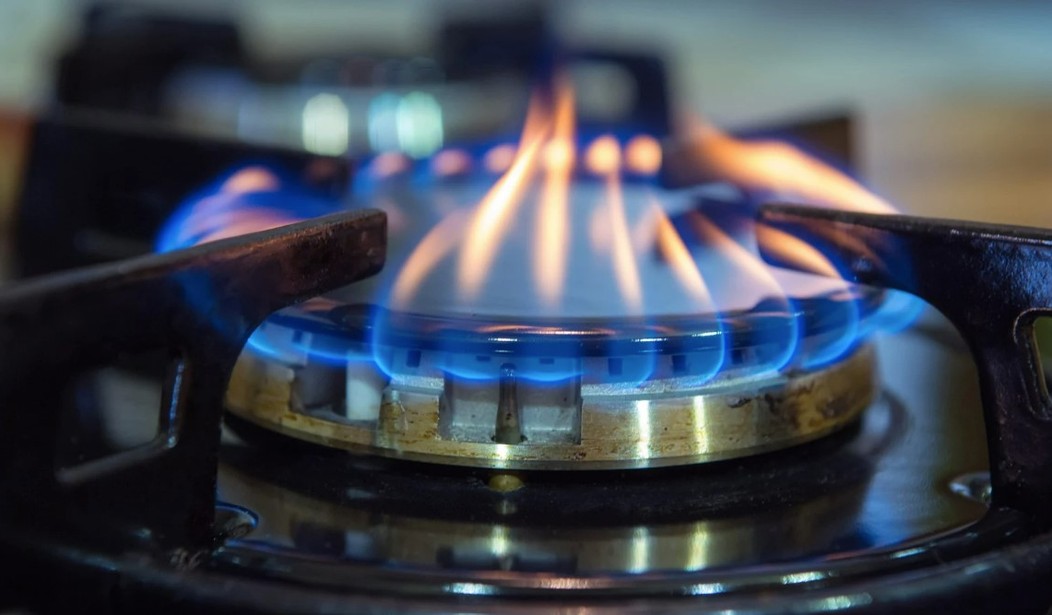Back in 2019, Berkeley, CA became the first city in the country to pass an ordinance banning natural gas in newly constructed buildings. That obviously meant no gas appliances in these new buildings. But before the ordinance even took effect the city was sued. There were twists and turns in the story but about a year ago a panel of judges on the Ninth Circuit Court of Appeals ruled that Berkeley's ordinance could not stand.
The California Restaurant Association, or CRA, filed a lawsuit in November 2019 against the City of Berkeley to block the legislation, arguing that the ban is “irresponsible” amid electrical outages and “does little to advance climate goals.”
In July 2021, a federal district court judge dismissed the lawsuit. The CRA challenged that decision, and on Monday a three-judge panel on the U.S. Court of Appeals for the Ninth Circuit unanimously ruled in favor of reversing that dismissal, deciding that Berkeley had overstepped its authority...
“By completely prohibiting the installation of natural gas piping within newly constructed buildings, the City of Berkeley has waded into a domain preempted by Congress,” wrote Judge Patrick J. Bumatay, one of two Trump appointees on the randomly assigned panel. (The third was a Reagan appointee.) Bumatay wrote that the Energy Policy and Conservation Act, or EPCA, preempts state and local regulations concerning the energy use of natural gas appliances.
Berkeley continued to fight until last week when it finally agreed to settle the lawsuit. Among other things, the city promised to repeal the 2019 ordinance.
As part of an agreement last week to settle a lawsuit from the California Restaurant Assn., Berkeley agreed to immediately halt enforcement of its first-in-the-nation ban on installing natural gas piping in newly constructed buildings.
Berkeley has also “agreed to take steps to repeal the ordinance,” said restaurant association president Jot Condie.
“Every city and county in California that has passed a similar ordinance should follow their lead,” Condie said in a statement.
Berkeley will repeal its ordinance but in the meantime 74 other cities including San Francisco and Los Angeles have put similar rules in place. Will all of them repeal their rules as well? The answer is yes in some cases.
It is unclear whether other gas bans could be overturned. Some city ordinances were structured differently than Berkeley’s and may survive legal scrutiny. Some California communities, including San Luis Obispo and Santa Cruz, had already dropped efforts to ban gas hookups outright and are instead pursuing measures to shift away from natural gas through building efficiency standards...
But San Francisco has already said it believes it can continue to enforce its ban even after the Berkeley decision:
San Francisco officials told KQED that the city would continue prohibiting gas hookups in new housing and commercial construction, even after Berkeley agreed last week to repeal its hard-fought ban as part of a settlement with the California Restaurant Association.
“No one has come to us asking us to change or repeal our law,” said Supervisor Rafael Mandelman, who proposed San Francisco’s 2020 policy. “We will continue to enforce it, continue to implement it, consistent with this court decision in the Berkeley case. We think we can do that.”...
Environmental groups insist that the court ruling against Berkeley’s policy won’t stop the growing electrification movement and are urging municipalities to continue transitioning away from fossil fuels in new construction in an effort to curb greenhouse gas emissions.
Similar fights are already taking place in other parts of the country as well.
New York City has approved its own ban on gas hookups for new buildings, but that law is currently being challenged in court by local construction groups...
Seattle and San Jose have adopted “fuel neutral” standards that require new buildings to meet increasingly strict energy performance requirements. Those standards don’t technically ban gas stoves or furnaces, but they can be so stringent that they are difficult to meet without installing electric appliances.
And states have even broader control over issues like this. So if California decides to pass a statewide law it would likely survive absent some national law seeking to prevent it. Meanwhile, 24 states including Texas and Florida have already passed laws that prevent any restrictions on the use of gas. So the effort to roll this back is probably not going to succeed in blue states even as it has already won in red states.








Join the conversation as a VIP Member